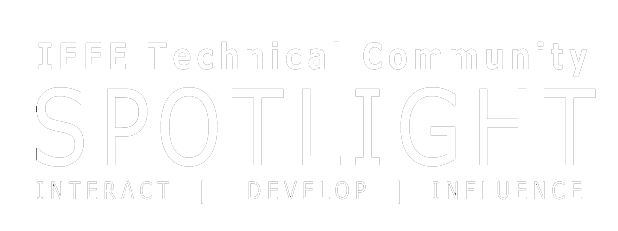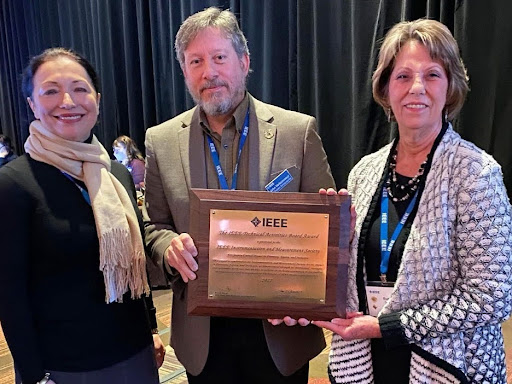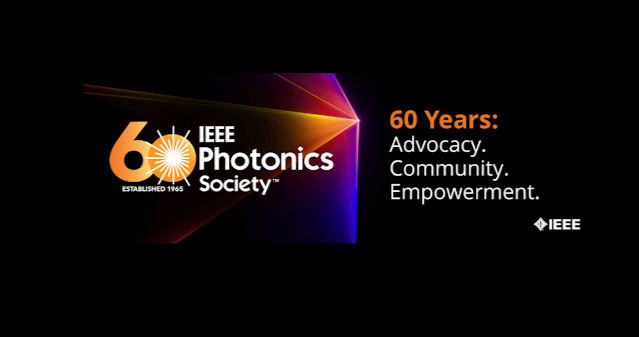By Chris Gorog, Stefano Zanero, Sin-Kuen Hawkins, IEEE Digital Privacy Initative

As our lives grow increasingly entwined with digital platforms—from voice assistants and social media to IoT devices and autonomous systems—the question of how personal data is collected, processed, and shared has become more pressing than ever. The IEEE Digital Privacy Initiative, launched under IEEE Future Directions in January 2022, takes a bold, user-centric stance: for individuals to have better control of their personal information in the digital ecosystem and for organizations to address the privacy needs of individuals when building their products and services.
A Shift Toward User-Centric Privacy
Most privacy efforts focus on securing data after it’s captured: encryption, access controls, or compliance with corporate policies. These efforts are important, but the IEEE Digital Privacy Initiative turns this paradigm on its head, bringing the individuals to the forefront in the discussion.
The IEEE Digital Privacy Initiative created the IEEE Digital Privacy Model to provide a visual starting point for privacy conversations. The model focuses attention on individuals while recognizing the dynamic and sometimes conflicting factors that influence digital privacy. The goal is to reframe the digital privacy discussion so that individuals’ needs and interests are not overlooked.
Bridging the Technologist and Policymaker
The IEEE Digital Privacy Model provided a useful discussion tool during the “Reframing Privacy in the Digital World Workshop” held on 13 November 2023 in Washington, D.C. With the support of IEEE-USA, the IEEE Digital Privacy Initiative convened with 25 technology and policy professionals at the U.S. Capitol Building with a diverse roster of scheduled speakers, including Mason C. Clutter, Chief Privacy Officer, U.S. Department of Homeland Security, and Chris Irwin, Program Manager, Office of Electricity, U.S. Department of Energy. Policymakers and engineers are naturally enthusiastic about their own perspectives, and the IEEE Digital Privacy Model provided a high-level visual perspective of digital privacy to encourage cross-functional exchange of ideas to pursue a more privacy-respecting digital world.
Operationalizing Privacy
Building and working with a strong industry base is an important component of the initiative to have a real-world impact. Privacy should be a foundational feature – not an afterthought. The initiative encourages innovative approaches to embedding individuals’ privacy expectations into the fabric of technology design, development, and deployment. The initiative also promotes user-enabled privacy controls and the empowerment of individuals to control what, when, and how their personal data is used.
On July 18, IEEE Digital Privacy partnered with the Centre for Information Policy Leadership (CIPL) to host a Privacy Engineering Executive Roundtable in San Francisco, CA, USA. This invitation-only event brought key stakeholders across sectors to explore organizational aspirations and operational challenges in developing products that respect user privacy while enabling beneficial and responsible use of data. Representatives from companies including Microsoft, Meta, Apple, DoorDash, PayPal, Walmart, Rivian, Disney, and others, as well as non-profit advocates, participated in roundtable discussions on current trends in privacy compliance and data management, technical hurdles that inhibit broad-scale deployment, and general requirements for a more user-centric approach to personal data. Key takeaways will be published after the event, followed by a white paper that will focus on practical guidance for organizations to consider when building and scaling their privacy engineering practice.
Workforce Skill Development
The Association for Computing Machinery (ACM), IEEE Computer Society, International Federation for Information Processing (IFIP), and IEEE Digital Privacy Initiative are collaborating to develop a set of Privacy Curricular Guidelines for university graduate programs. Very few privacy graduate-level programs exist today, while the demand for privacy professionals continues to grow. IEEE Digital Privacy is leading this effort, creating a Joint Task Force (JTF) composed of members from leading organizations to outline a comprehensive curriculum for digital privacy, focusing on defining the field’s boundaries and identifying key knowledge areas. The final deliverable, expected in mid-2026, will be a set of guidelines that include core knowledge areas and potential courses that align with industry needs to combat the shortage in this fast-growing job market.
IEEE Symposium on Privacy Expectations (ISoPE)
Providing a platform for innovative approaches to user-centric privacy, IEEE Digital Privacy Initiative is hosting its inaugural IEEE Symposium on Privacy Expectations (ISoPE) in Manhattan, New York City, on October 10, 2025. This unique symposium focuses on multi-disciplinary conversations in operationalizing privacy that help achieve an individual’s privacy expectations in the digital ecosystem. Strong industry representation permeates throughout ISoPE 2025 in the organizing and advisory committees, as well as authors who submitted their abstracts for presentation. For years to come, ISoPE will be a premier event for championing emergent ideas and solutions that respect individuals’ privacy.
Pursuing a Human‑Centered Future
Digital privacy is foundational to modern life—including how we interact, consume, and govern ourselves online. By centering individuals and coordinating global technical and policy discussion, IEEE Digital Privacy aims to safeguard our presence, identity, dignity, and rights in a hyperconnected world.
Explore More:
- Download the IEEE Digital Privacy Model (available in multiple languages)
- Review the IEEE Digital Privacy Course Program available on the IEEE Learning Network
- Tune into the podcast series featuring domain experts
- Attend the IEEE Symposium on Privacy Expectations (ISoPE) 2025






2 Responses
We learn, unlearn, and relearn.
It’s not at all clear to me how this approach relates, for example, to the European General Data Protection Regulation. Europe concluded decades ago that the best way to ensure privacy is to not collect the information in the first place. This is not the answer large corporations are typically looking for.